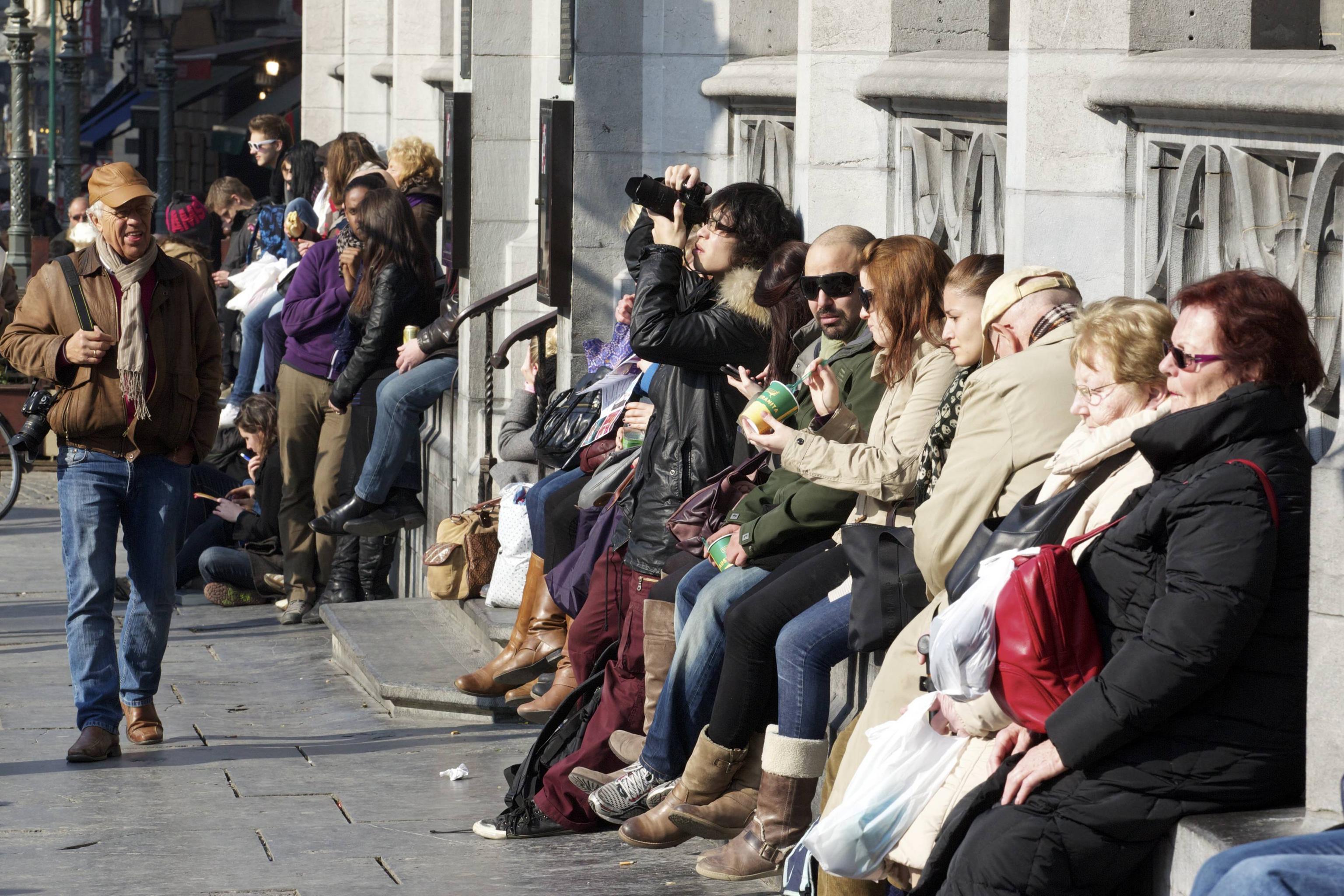International migration drives Brussels’ population growth to 1.25 million

Brussels’ population continues to grow, reaching nearly 1.25 million residents in early 2024. Despite a long-term decline in births and increasing departures to other parts of Belgium, international migration and a younger population keep the capital vibrant, according to a new report by the Brussels Institute of Statistics and Analysis (BISA).
The report, published on Wednesday, states that the population growth has been consistent since 1996. It is primarily driven by international immigration. In 2023, 56,166 people moved to Brussels from abroad, close to pre-pandemic levels, while 34,723 Brussels residents emigrated.
Of the nearly 1.25 million residents in the Brussels Region, 37.2% (464,629 people) are non-Belgian nationals - a proportion significantly higher than in Flanders (10.8%) and Wallonia (11%). The largest foreign communities in Brussels are French (70,800), Romanian (46,600), Italian (36,700), and Moroccan, the largest non-European group (33,200).
National migration trends, however, were negative, with a net loss of 18,752 people. Since the pandemic, more residents have moved from Brussels to other parts of Belgium than the reverse: 43,775 left for other regions, while only 25,023 moved into the capital.
Young population
The report further shows that births in the capital have been declining for nine consecutive years, with 13,987 newborns in 2023 - a drop of 25% since 2014. Despite this trend, the natural population growth remained positive, as the city recorded 8,583 deaths last year.
Brussels also has a younger demographic compared to other regions in Belgium. Twenty-two percent of its population is under 18 (compared to 20% in Flanders and Wallonia). Only 13% are over 65, which is significantly lower than the 21% in Flanders and 20% in Wallonia.
People enjoy the weather in downtown Brussels © BELGA PHOTO NICOLAS MAETERLINCK